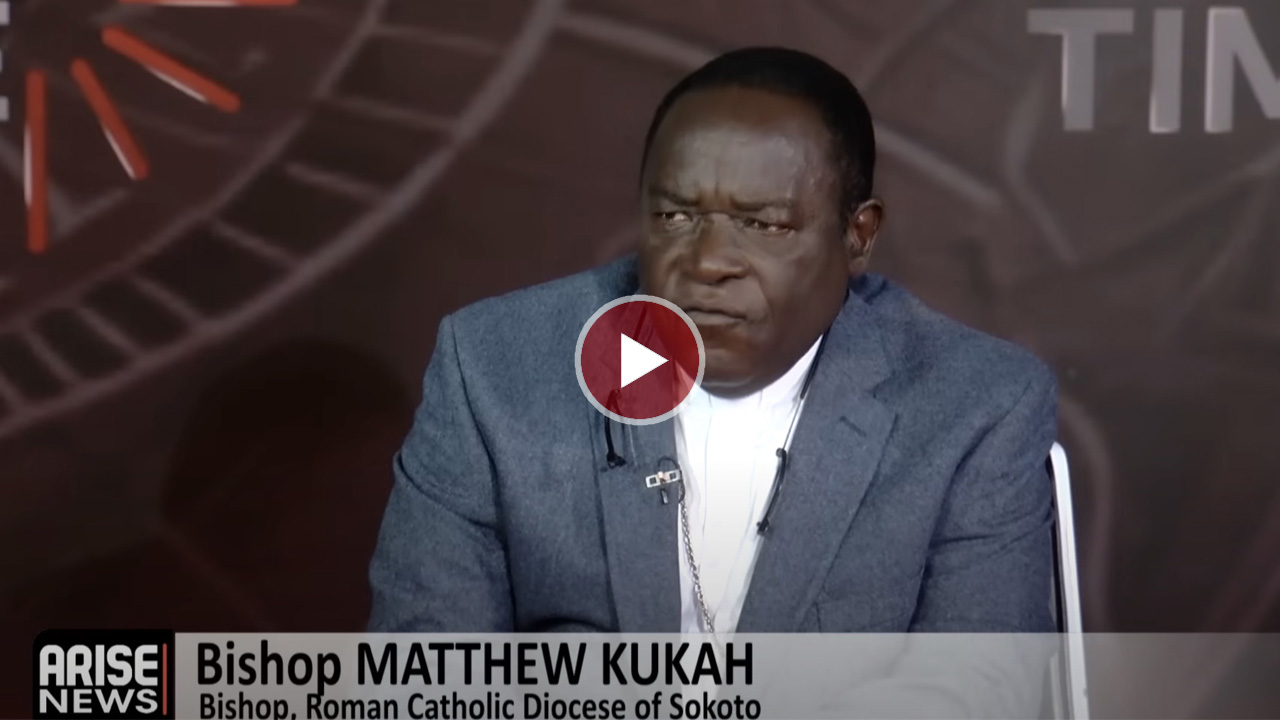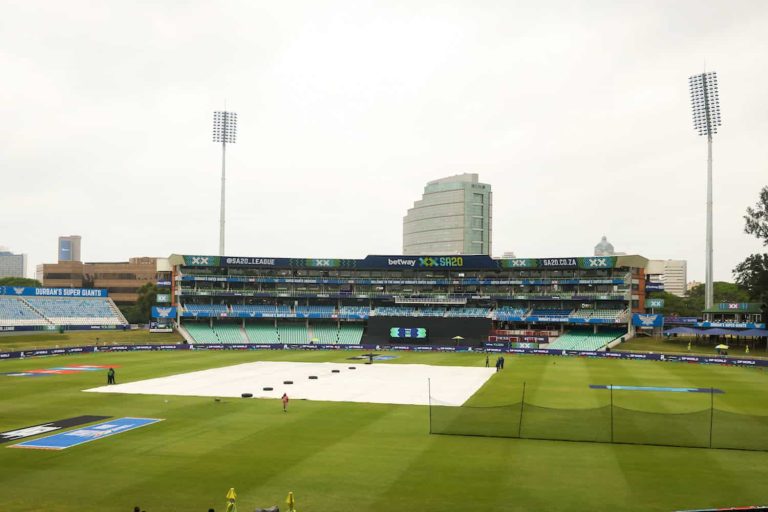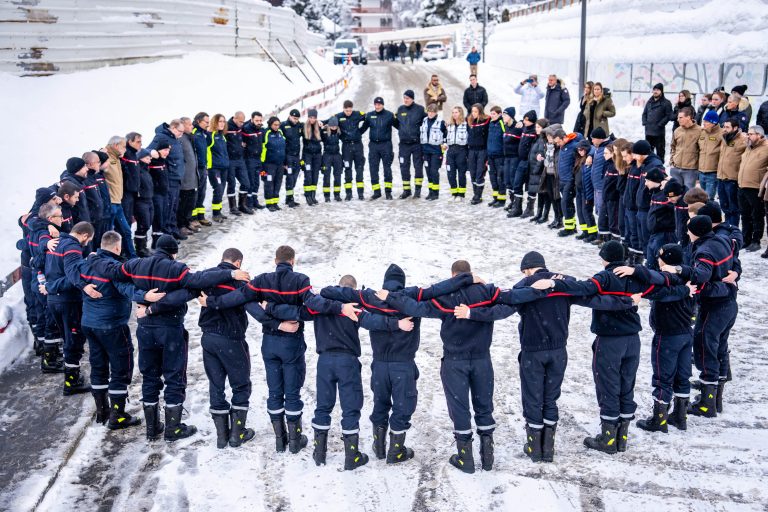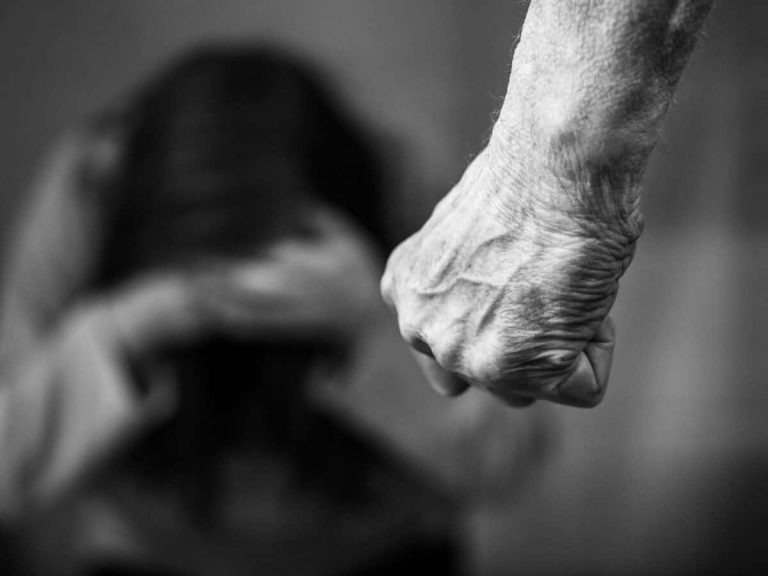

The Bishop of the Roman Catholic Diocese of Sokoto, Rev. Matthew Hassan Kukah, has lamented that Nigeria’s founding dreams at independence have degenerated into ‘nightmares,’ blaming military intervention in politics, elite conspiracy, and failure of leadership for the country’s stunted growth.
Speaking in an interview with ARISE News on Wednesday, Bishop Kukah said:
“Up till today, we have not been able to have the time, the honesty, the sincerity to come to the table to say, look, what went wrong? And this is why the dreams of our founding fathers have now become nightmares for us. We ended up with a situation in which the recruitment process, whether for public office or the bureaucracy, came crashing. That is why we are where we are today.”
He recalled Nigeria’s early promise at independence in 1960, stressing that the country could have outpaced Singapore and Malaysia if not for the military coups that derailed its trajectory.
“We could have been better than Singapore. We could have been better than Malaysia. No one would have seen our back had the military not struck. Once the military entered politics, Nigeria began an exercise in self-immolation. The institution became dysfunctional, infested by maggots of ethnicity. Power was no longer about vision but about who pulled the gun first.”
Kukah described military rule as an illegitimate seizure of power that corrupted Nigeria’s moral foundation.
“There cannot be a good or a bad rape. If you pull a gun and take over power, you are no different from an armed robber. Once violence became the currency for power, Nigeria lost its moral authority. That is why we are where we are today.”
On the role of leadership and intellect in nation-building, the bishop argued that Nigeria has failed to build a collective vision comparable to America’s “dream.”
“Nation building is about mythology, not just reality. America today is a myth—the American dream. But Nigeria has not had the ability to create a dream or articulate a vision. Since Tafawa Balewa’s 1960 speech, no president has delivered a speech so memorable that you could say: where was I when I heard it? That is because intellect was discounted, and imagination was stifled.”
Despite his criticisms, Kukah said he remains hopeful and continues to work towards social change.
“I am thankful to God that I am a man of hope. I have been extraordinarily lucky. The Obi of Onitsha will open his palace to me. The Sultan of Sokoto will open his palace to me. The Emir of Kano will open his palace to me. Former presidents will open their doors to me. But I remain grounded because being a priest puts me in touch with the poor. Nigerians are not bad people. What is missing is leadership that can harness their potential.”
Citing his efforts in Sokoto, he revealed that he recently brought former President Olusegun Obasanjo and the Sultan of Sokoto to commission a hall equipped with 250 laptops for young people.
“People talk of 10 million or 20 million Almajiris. In 10 years’ time, they will be 30 or 40 years old. Every count starts with one. If I can take one child out of that queue, it is enough. I am convinced there is an Einstein among these Almajiris, but we must create the opportunity for them.”
On interfaith relations, Kukah recalled an encounter that reflected unity amid Nigeria’s divisions.
“At the Abuja airport lounge, I went to greet the poet John Pepper Clark when a man came and stopped me, saying, ‘Stop calling him the Catholic Bishop of Sokoto. He is ‘our’ bishop in Sokoto.’ That is the ultimate acknowledgement. Sadly, we have allowed religion to be weaponised by elites whose own children are abroad in Catholic schools, while they deny the poor quality education here.”
The bishop also welcomed the federal government’s renewed focus on Ogoniland, commending President Bola Tinubu’s approach to issues of justice and inclusion.
“I really want to thank President Bola Tinubu for that spectacular decision. He has remained consistent in focussing on justice and closing the doors to bigotry and manipulation of ethnicity and religion. We are seeing a government that, despite its flaws, is beginning to address religion differently. We must remember: it does not matter who is killed—Muslim or Christian. The death of any Nigerian should concern us all.”
Rev. Kukah concluded by insisting that Nigeria’s crisis is not about bad people, but about failed systems, elite conspiracy, and wasted opportunities.
“Nigeria has just become a carcass, and everybody comes with long knives, interested only in the slice they can take back to their community. But this country is extraordinarily blessed. The tragedy is not the absence of talent or resources, but the failure to dream, to plan, and to put competence at the centre of governance,”he said.
Boluwatife Enome



